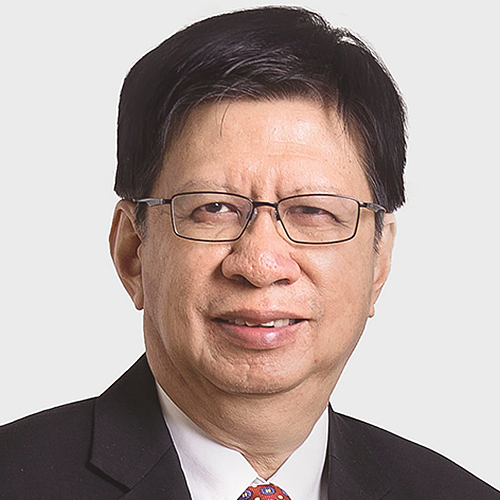The European parliament committee on international trade (INTA) has voted in favour of new mechanisms to screen foreign direct investment (FDI). The proposed amendments go further than the European commission draft law which was published in September 2017 and come amid growing concern about Chinese investment in areas such as technology and infrastructure.
The amendments to the commission's proposal on "Establishing a framework for screening of foreign direct investments into the European Union" were voted on in the committee on international trade meeting on 28 May 2018 in Strasbourg and were approved by 30 votes to seven.
The commission text calls for a framework for the screening of FDI by member states on the grounds of security or public order. The INTA version says that screening should take place not only where the security or public order of a member state is threatened, but also the EU as a whole. It adds, "as well as a foreign direct investment by third country investors which is likely to be directly or indirectly undertaken with the aim of acquiring key enabling technologies or knowledge, and to be part of a state-led industrial policy strategy in support of strategic national interests." That could also be aimed at Russia, but China is the main target. At the same meeting there was a discussion and vote on a draft opinion on the "State of EU-China relations".
Parliament strengthened the commission proposals to enable the EU member states and the European commission to check whether a foreign investment might affect media independence or the EU's strategic autonomy, whether the investor has a track record of investing in projects that might threaten national security or public order, and whether the investment could lead to the creation of a monopoly.
Members of the European parliament (MEPs) can begin talks with ministers from EU member states once the draft rules have been approved by parliament as a whole at its 11-14 June 2018 plenary session in Strasbourg, and once the council of ministers has approved its own position.
Under the previous five-year parliament which ran until 2014, MEPs were often viewed as rubber-stamping proposals put forward by the commission. However its leadership resolved to take a more active role during the life of the current parliament, and has often put forward significant changes to regulations drafted by the commission.
Under the INTA proposal, a member state that decides to screen an inward investment should inform other member states, and the commission, within five working days and be open to comments. It also proposed that if a third of the member states consider an investment problematic, the target country should engage in a dialogue to address concerns.
MEPs suggest setting up an Investment Screening Coordination Group, to be chaired by the commission and composed of member states with the European parliament as an observer. The European parliament could ask the commission to issue an opinion on an FDI that is planned or has been completed in a member state.
"Most trade partners of the EU already have a screening mechanism in place," commented Franck Proust, a French MEP from the European People's Party faction. "Without succumbing to protectionism, it is time to show that Europe is not naive in these times of globalisation." Proust is responsible for the process on a particular piece of legislation, and co-ordinating discussions with the council and the commission.
"Next to the reform of the dual use export control system, FDI screening is one of the main priorities of the international trade committee," added committee chair Bernd Lange (German MEP, Socialists and Democrats faction). "We hope to finalize new rules before the end of parliament's term and look forward to fruitful negotiations with the council under the leadership of the Austrian presidency." Austria will hold the presidency of the council from July to December 2018. There will be new elections for the parliament in April 2019.
MEPs said that they are looking to screen FDI in a transparent, predictable and what they term to be a non-discriminatory manner. Robotic or artificial intelligence technologies should be closely monitored, as well as the automotive industry, nuclear technology and communications technology. They specifically include investments in media.
Inward FDI has been an important source of economic growth in the EU, but it is also a growing source of concern if the investor is a state-owned enterprise, or if the investment is in critical infrastructure projects in fields such as energy or communications, or in enterprises working with key technologies, such as robotics or nuclear technology, said a statement from the parliament.
It noted that only 12 of the 28 member states have a screening mechanism that examines FDI on grounds of security or public order. The systems vary, and countries do not coordinate their approaches even when investments might impact multiple countries. The proposal does not seek to harmonize national screening mechanisms, but to enhance cooperation among member states and the commission.









